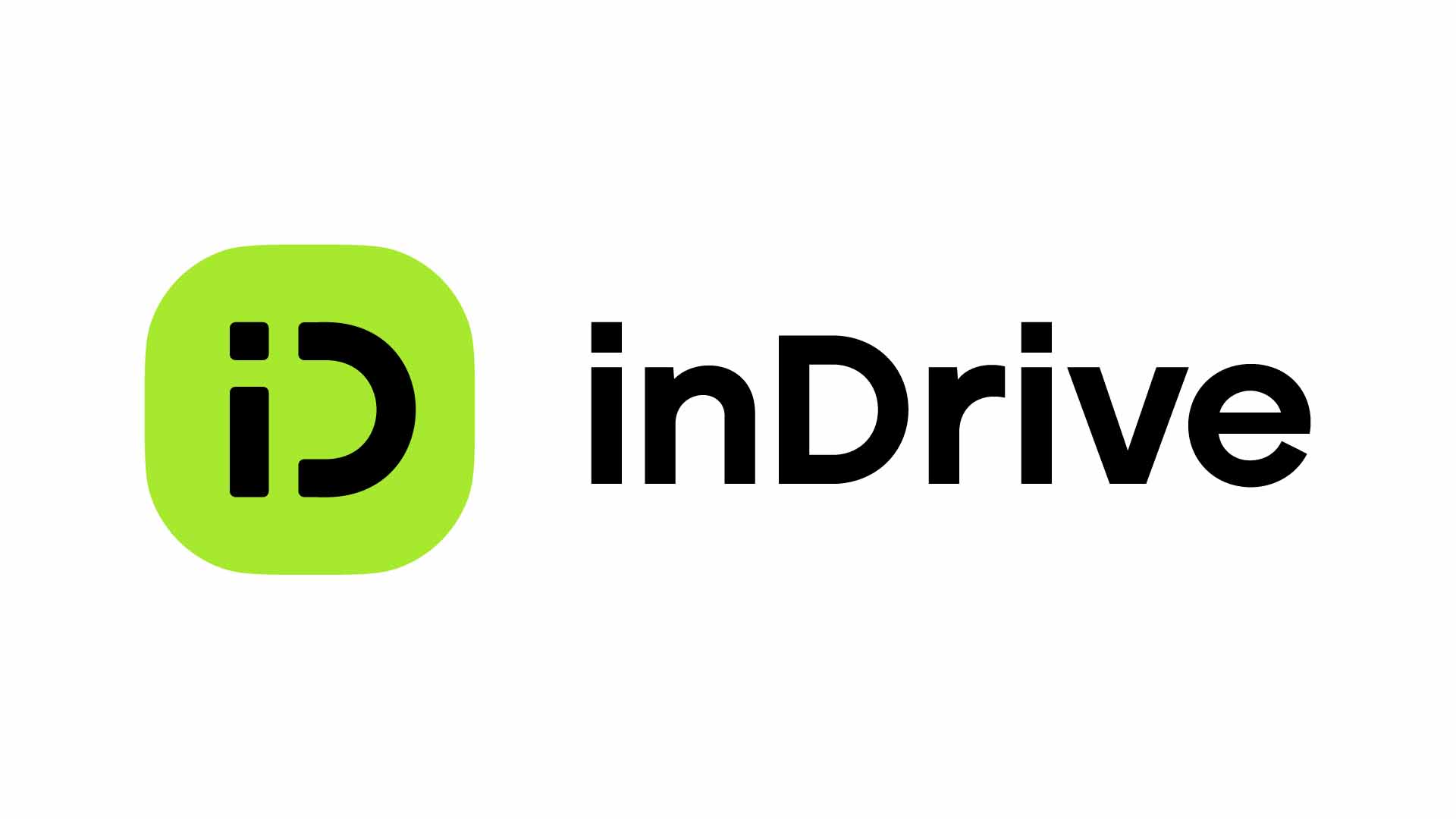The ride-hailing market in Botswana is getting more competitive as Bolt, the company based in Estonia, joins the country and challenges the leadership of inDrive, the app based in California.
Both platforms are offering incentives to attract drivers and customers, but they also face some obstacles in the Southern African nation.
Bolt offers zero commission for six months
Bolt started in Gaborone, the capital city of Botswana, on February 28, the same day that inDrive introduced a 10% commission charge for its drivers. Bolt said it will not charge any commission from its drivers for the first six months, as part of its rollout plan. The company said it has onboarded 100 drivers so far and aims to increase its income while offering competitive pricing to customers.
Read also: Bolt announces audio travel recording safety function
Bolt is not new to Africa, as it operates in 14 countries on the continent, including South Africa, Nigeria, Kenya, and Ghana. The company offers various services, such as ride-hailing, micro-mobility rental, food and grocery delivery, and car sharing. Bolt also claims to have several safety features, such as an SOS button, a share-my-ride option, and a driver unmatching feature. Additionally, Bolt requires its drivers to have all the relevant licenses from local regulators.
inDrive defends its commission charge
inDrive, on the other hand, has been operating in Botswana since February 2019 and has been the only ride-hailing platform in the country until now. The company said it decided to introduce a 10% commission charge for its drivers, after operating without commissions for five years, to make further investments in Botswana, which it considers a “top priority market”.
Vincent Lilane, the business development representative of inDrive in Southern Africa, said the commission charge aligns with the company’s strategic goals to provide fair urban mobility access to more customers in Botswana. inDrive’s model allows riders to set a price for a ride, which a driver can accept or refuse.
However, not all drivers are happy with the commission charge. Some drivers who spoke to journalists said it was unfair for inDrive to start charging commissions before addressing some issues they had raised, such as the low prices offered by some riders and the lack of a minimum fare. One driver said he only accepted some rides because of desperation. Another driver said he did not mind the commission, as he understood that inDrive was a business, too.
Challenges and opportunities in the ride-hailing market
Both Bolt and inDrive face some challenges and opportunities in the ride-hailing market in Botswana. The market is ready for growth, as there is a high demand for alternative and affordable transport options, especially in urban areas. However, the market also presents some difficulties, such as the allegations of driver misconduct, the pushback from public transport operators, and the regulatory uncertainties.
Bolt and inDrive will have to compete for drivers and customers while also ensuring their safety and satisfaction. The ride-hailing war in Botswana has just started, and it remains to be seen how it will unfold in the coming months,




